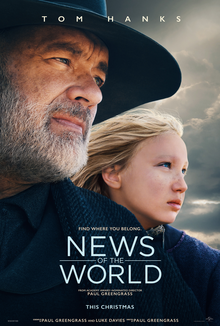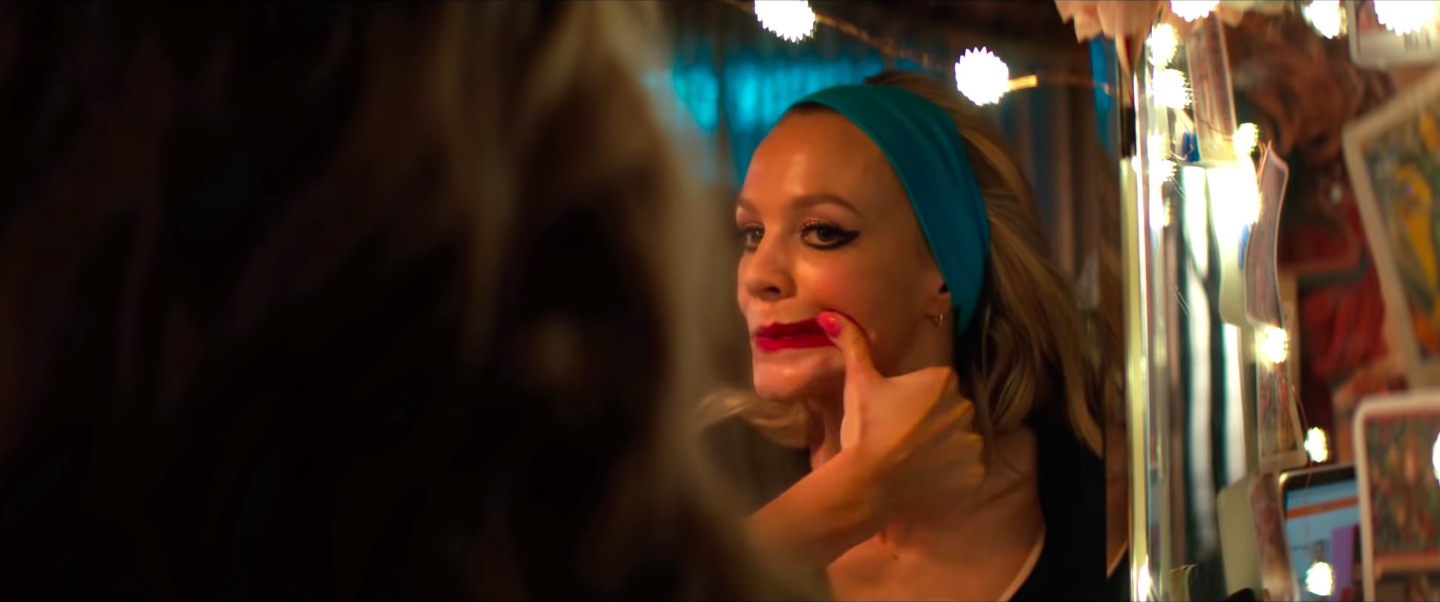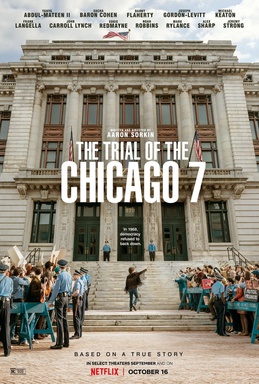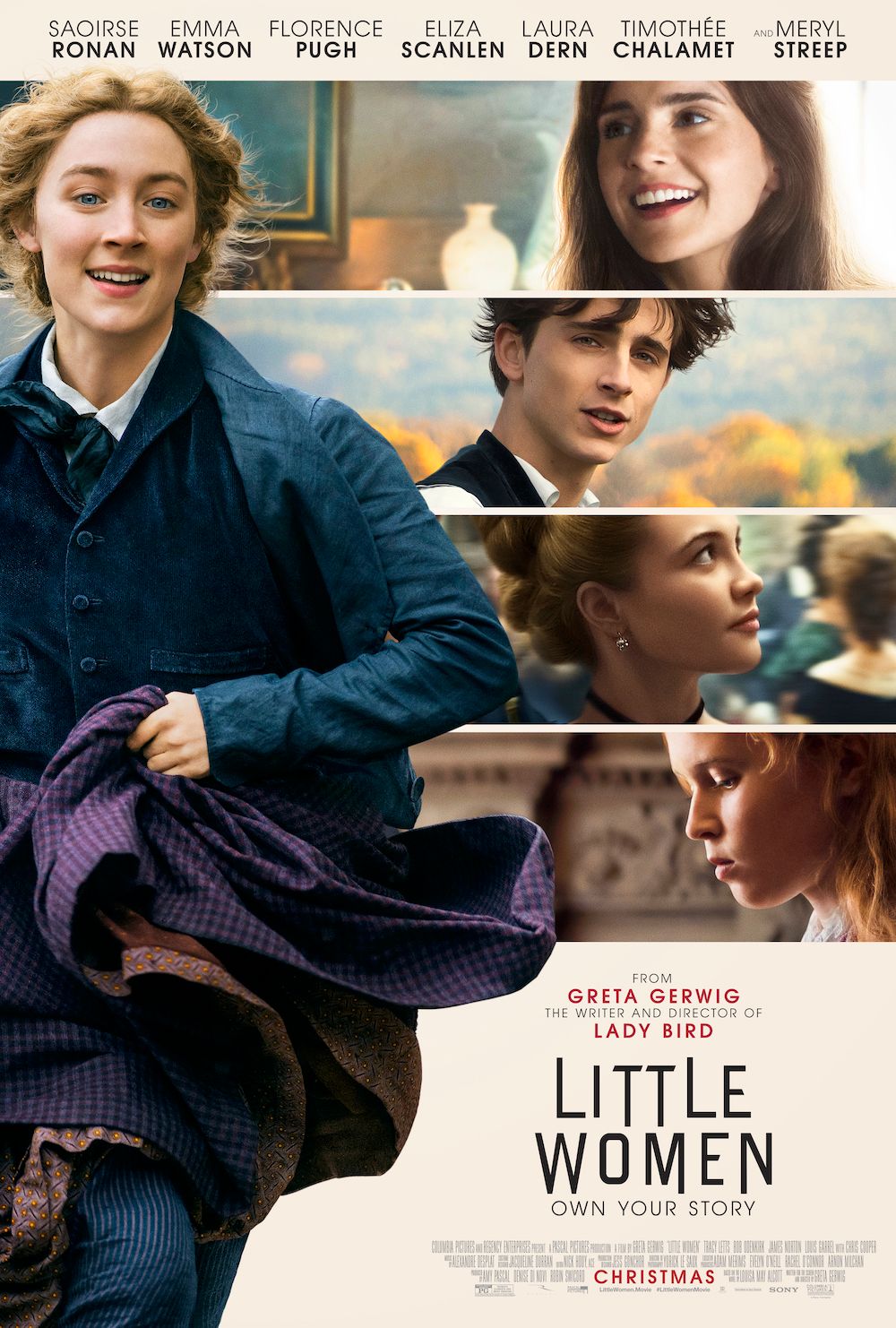If you thought the film industry would put a halt to the traditional period epic Oscar contender in the wake of widespread theater closures, think again. Paul Greengrass' 19th century western "News of the World" arrives in the nick of time for the December holiday season. And yet, it could also be appropriate to say that it arrives too late, representing entertaining but old-fashioned filmmaking that feels like an outdated throwback to the prestige films of the past.
Set in the post-civil war South, "News of the World" follows Captain Jefferson Kyle Kidd (Tom Hanks), a war veteran who now makes a living from touring through small towns to read the latest newspapers to captive audiences. During one such trip through Texas, he stumbles on a young girl (Helena Zengel) alone in the wild who is unable to speak English. Upon reviewing documents accompanying her, Captain Kidd learns that she is of German descent but was taken by the native Kiowan people after her family was murdered. Further instructions reveal a surviving aunt and uncle, her only remaining family. Feeling obligated to protect her, Kidd embarks on a journey to brave hostile terrain and humans alike to restore her to civilization.
Adapted from a novel and mounted on a grand scale with a lovable movie star, "News of the World" is indeed a throwback to the classic adventures of yesteryear. From Dariusz Wolski's glorious wide shots, to James Newton Howard's heartstring-tugging score, to its unchallenging screenplay, there's a familiarity to its storytelling. And with Greengrass at the helm, the requisite shootouts and environmental dangers are depicted with his trademark intensity.
While the virtuosity of the production values will leave you feeling nostalgic for the Golden Age epics, the film is perhaps even more resonant as another relic of old Hollywood - the star vehicle. In her first American role, Helena Zengel's tenacity will surely be praised as a revelation (despite recalling the same unruliness displayed in 2019's "System Crasher"). But it is Tom Hanks' noble screen presence that will captivate audiences and smooths over some of the screenplay's flaws. Namely, there's a simplistic morality of the screenplay that leads to predictability and a lack of complexity to the film's obvious heroes and villains. Furthermore, it fails to fully reckon with the economic and racial tensions of the time period and setting.
And yet, there's a sense of comfort that comes from witnessing a story so carefully crafted around an actor's persona. From the very first scene, you know he'll do the right thing and win your heart. Heroic westerns may be going out of style, but a good Tom Hanks performance is timeless.































/cdn.vox-cdn.com/uploads/chorus_image/image/66024926/1189043154.jpg.0.jpg)